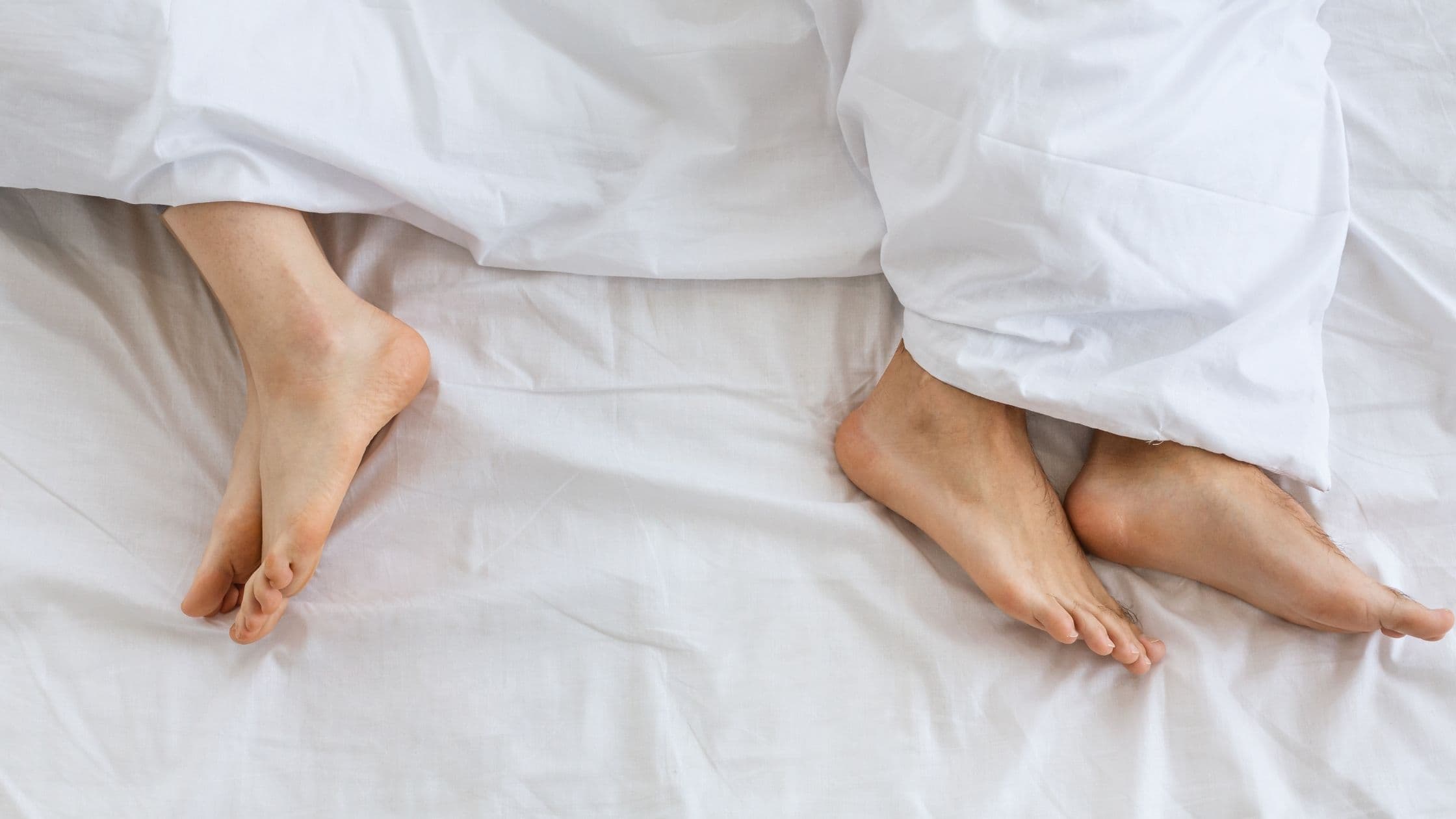Unveiling the Mystery of Low Libido
Low libido, the diminished desire for sexual activity, can be a frustrating and confusing experience for both men and women. Understanding the various symptoms and potential underlying causes empowers you to discuss this sensitive topic with your doctor and seek effective solutions. This guide delves into the world of low libido, exploring its signs, potential causes, and the role of medical evaluation in finding the root of the problem.

The Elusive Spark: Recognizing the Signs of Low Libido
Low libido can manifest differently in men and women, but some common signs include:
- Decreased Desire for Sex: A significant decline in the frequency of sexual thoughts or a general lack of interest in initiating sexual activity can be a telltale sign.
- Difficulty with Arousal: For both men and women, experiencing difficulty becoming aroused during sexual encounters is another indicator of low libido. This might involve issues with achieving or maintaining an erection in men, or a lack of vaginal lubrication or difficulty reaching orgasm in women.
- Reduced Enjoyment of Sex: Even if arousal occurs, the overall enjoyment of sexual activity might be diminished, leaving you feeling unsatisfied.
- Discomfort or Pain During Sex: Underlying medical conditions or emotional issues can manifest as pain or discomfort during sex, further impacting libido.
It's important to note: Low libido is a relative term. What constitutes "normal" can vary greatly between individuals and couples. However, if the lack of desire or difficulty with sexual activity is causing distress or impacting your relationship, it's important to seek professional help.
Beyond the Bedroom: Unveiling the Causes of Low Libido
A multitude of factors can contribute to low libido. Here's a breakdown of some potential causes:
- Physical Health Conditions: Certain medical conditions like hormonal imbalances (low testosterone in men, thyroid problems), chronic illnesses (diabetes, heart disease), and neurological disorders can affect libido. Medications for various conditions can also have a side effect of reducing sexual desire.
- Mental Health Concerns: Stress, anxiety, depression, and relationship problems can significantly impact libido. Feelings of low self-esteem or body image issues can also contribute to a decreased desire for intimacy.
- Lifestyle Factors: Lack of sleep, excessive alcohol consumption, and smoking can all negatively impact libido.
- Relationship Issues: Communication problems, unresolved conflicts, or feelings of emotional disconnect within a relationship can lead to a decline in sexual desire.
The Role of Medical Evaluation: Finding the Root Cause
If you are experiencing low libido, consulting your doctor is crucial. A thorough evaluation helps identify any underlying physical or mental health conditions that might be contributing to the problem. Here's what you can expect during a consultation:
- Detailed Discussion: Your doctor will ask you detailed questions about your medical history, medications you take, lifestyle habits, and your emotional well-being.
- Physical Examination: A physical examination might be performed to rule out any underlying physical causes.
- Blood Tests: Depending on your situation, blood tests might be ordered to check hormone levels or screen for other medical conditions.
Open Communication is Key
Discussing low libido can be a sensitive topic, but open communication with your doctor is essential. The more information you provide, the better equipped they are to understand your situation and suggest appropriate treatment options. These options might include:
- Treating Underlying Conditions: Addressing any underlying medical or mental health issues can improve libido.
- Hormone Replacement Therapy: If low testosterone levels are identified in men, hormone replacement therapy might be considered.
- Medications: Certain medications can be prescribed to address specific causes of low libido.
- Therapy: Individual or couples therapy can help address stress, anxiety, relationship problems, or other emotional factors impacting libido.
Remember: Low libido is a treatable condition. By understanding the symptoms, potential causes, and the importance of seeking professional help, you can work with your doctor to reignite the spark and improve your sexual satisfaction.